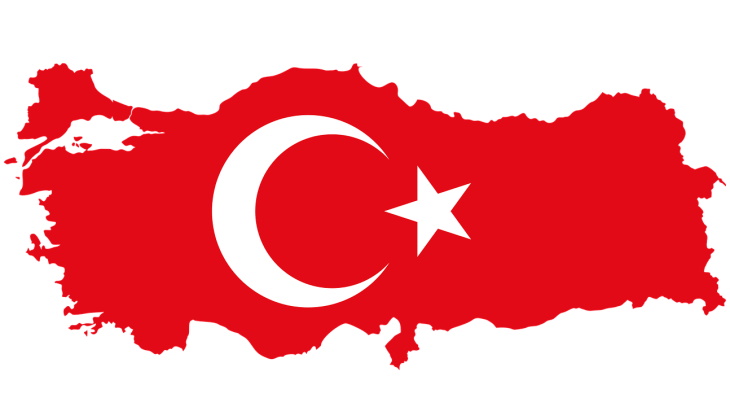IPPAS missions are intended to assist IAEA member states in strengthening their national nuclear security regime, providing advice from peers on implementing international instruments and IAEA guidance on the protection of nuclear and other radioactive materials and facilities. They can be conducted on both a nationwide and facility-specific basis. A previous IPPAS mission in Turkey took place in 2003.
The latest IPPAS mission to Turkey - which concluded on 12 November - was led by Ivan Gorinov, head of the Physical Protection and Nuclear Material division at the Bulgarian Nuclear Regulatory Agency. The team included six other experts from France, Pakistan, Romania, the USA and the IAEA.
The team met with officials from Turkey's Nuclear Regulatory Authority (NDK), as well as with representatives of other relevant ministries and governmental organisations, including the Ministry of Energy and Natural Resources, the Ministry of Foreign Affairs, the Ministry of National Defence, the Ministry of Transportation and Infrastructure, law enforcement agencies, the coastguard, customs officials, the Presidency Digital Transformation Office, the Energy Market Regulatory Authority, the Informatics and Information Security Research Centre (TÜBİTAK), and the Disaster and Emergency Management Presidency.
As part of the review, the team visited four facilities where radioactive materials are in use, including the two campuses of the TENMAK Nuclear Energy Research Institute, the Istanbul Technical University, and the Eczacıbaşı Monrol radiopharmaceutical facility.
The team reviewed the legislative and regulatory framework for the security of nuclear and other radioactive material, associated facilities and activities, including transport, and reviewed cyber security arrangements, regulatory practices (licensing, inspections and enforcement) and coordination between stakeholders involved in nuclear security. Nuclear material accounting and control measures, which protect nuclear and associated facilities and material from criminals, were also reviewed, as part of a pilot feature envisaged to be added soon in the scope of all IPPAS missions.
Turkey ratified the 2005 Amendment to the Convention on the Physical Protection of Nuclear Material in July 2015, and its incorporation into the country's nuclear security regime was also included in the scope of the mission.
The team observed that Turkey has established a nuclear security regime with essential elements of the IAEA's guidance on the fundamentals of nuclear security. The team offered recommendations and suggestions to support Turkey in further enhancing and sustaining nuclear security. Good practices were identified that can serve as examples to other IAEA Member States to help strengthen their nuclear security activities.
"Turkey's request for an IPPAS mission demonstrates its commitment and continuous efforts to enhance nuclear security," said Elena Buglova, Director of the IAEA Division of Nuclear Security. "Future work to follow up on the international expert team's findings will provide for a sustainable nuclear security regime in the country. At the same time, maintaining the highest levels of nuclear security will also render the global community more protected against threats."
"Turkey is about to implement its nuclear energy programme with the Akkuyu nuclear power plant and therefore it attaches great importance to the mission in this critical period," said NDK President Zafer Demircan. "The government of Turkey looks forward to implementing the findings of this important mission to strengthen the national nuclear security regime and ensure security upgrades in facilities, transportation and computer security. The recommendations and suggestions of the IPPAS mission will contribute to improving the nuclear security regime of Turkey."
The Akkuyu plant on the southern coast of Turkey in Mersin province will comprise four Russian-supplied VVER-1200 reactors with a total capacity of 4800 MWe. The plant is expected to meet about 10% of Turkey's electricity needs. Turkey aims to bring unit 1 online in 2023, the centenary of its foundation as a republic.








_97013.jpg)






